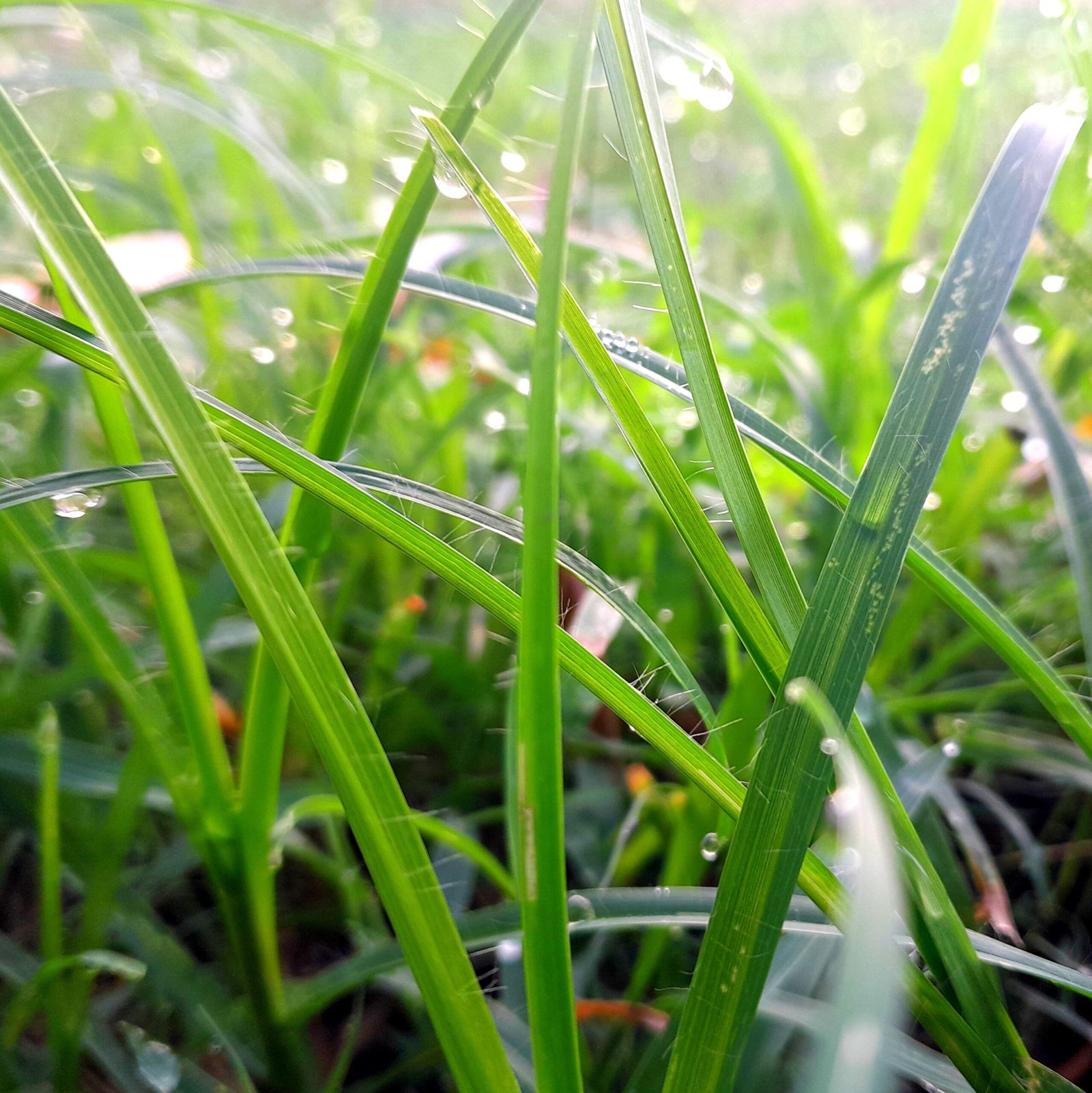
Grass
As we generally say, not a blade of grass moves without the will of the Supreme Personality of Godhead. Thus everything is moving under His will: by His will everything is being created, everything is being maintained, and everything is being annihilated. Still He is aloof from everything, as space is always aloof from the activities of the atmosphere.
(BG 9.6 purport)
That is a fact. Kṛṣṇa’s laws or nature’s law is so nice that a cow is eating grass and producing milk. Now, if you think that grass is the cause of milk, then you are mistaken. It is the laws of Kṛṣṇa that transforms grass into milk. If you eat . . . you eat grass, then you’ll die. But the cow, she is eating grass . . . that also not supplied by your factory.
The grass is produced by nature’s way. And she is eating that grass and supplying the most nutritious food—milk—and in exchange you are cutting throat. How you can be happy? Such an innocent animal. She is eating grass supplied by God, and instead of grass, if you think that, “She is eating grass from the land, American land or my land. She must give me something,” oh, she’s supplying milk. So what reason there is?
So if we human being, if we forget even ordinary mercy, compassion and gratefulness, then what is that human life?
(690913 – Lecture SB 05.05.01-2 – Tittenhurst)
